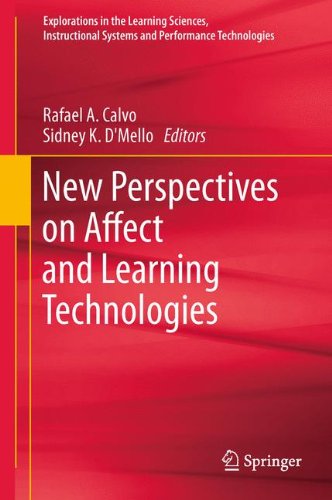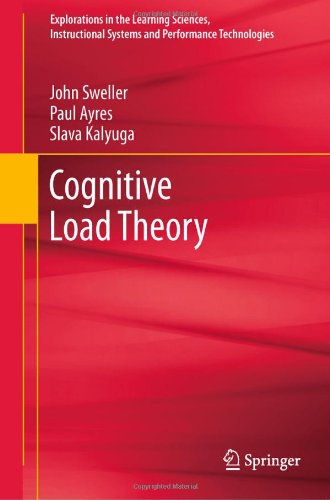Designing for Learning in an Open World (Explorations in the Learning Sciences, Instructional Systems and Performance Technologies) Review
The Internet and associated technologies have been around for almost twenty years. Networked access and computer ownership are now the norm. There is a plethora of technologies that can be used to support learning, offering different ways in which learners can communicate with each other and their tutors, and providing them with access to interactive, multimedia content. However, these generic skills don’t necessarily translate seamlessly to an academic learning context. Appropriation of these technologies for academic purposes requires specific skills, which means that the way in which we design and support learning opportunities needs to provide appropriate support to harness the potential of technologies. More than ever before learners need supportive ‘learning pathways’ to enable them to blend formal educational offerings, with free resources and services. This requires a rethinking of the design process, to enable teachers to take account of a blended learning context.



